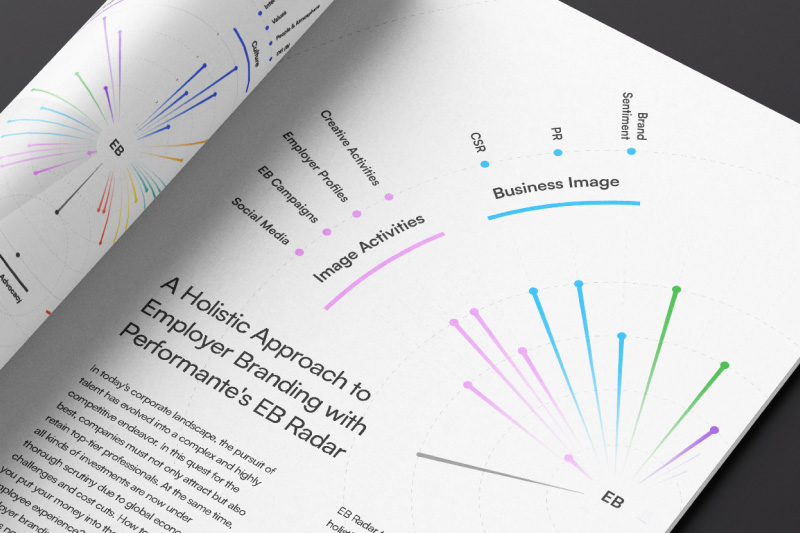Sometimes there comes such a moment in life that you have to change something. And I am not talking about everyday things, such as changing the Internet provider, but about something more serious — your job, and professionally speaking — your career path. It happened to me and that was my leap from internship to customer service, sales/trade, and finally to software testing.
Of course, it’s easier to write about it in retrospect, but the truth is, that my preparations in the form of learning new things after hours, getting to know the specificity of the position such as its issues and methods used at work, searching for potential employers who would like to hire me even without any experience in this field, etc. — are not the only things that I had to do. Briefly speaking — at the beginning, there was a lot of it.
You have to add one more element to all of this — yourself! Because you and only you will be able to answer such important questions as for example:
-
Why do I want to become a Tester? (put aside financial issues, trust me)
-
Do I want to spend a lot of time after hours learning seemingly difficult things?
-
Can I search for information related to this position in a way that will enable me to distinguish valuable content from other, sometimes even paid content, but in no way more knowledgeable than articles that are generally available to all?
-
If I become a Software Tester, will I not stop developing my knowledge and skills by updating them?
-
Will I be able to talk openly with my team, developers, and people from the so-called business section?
If you have answered positively to most of these questions, this is a good sign. You can always work on the rest.

For starters…
First: read the ISTQB Foundation Level syllabus. Probably not everything will be immediately understandable for you, so I suggest to read it several times in order to acquire new knowledge better.
If you still don’t understand a term, using a glossary of terms from ISTQB can always help you.
You will get to know the general basics: who the Software Testers are, what they do, what testing techniques are used in the process, what validation is, what verification is, and so on.
Believe me that without these fundamentals you may often miss out on an interview and lose a chance to gain the first experience in the industry. And that’s what you wouldn’t want, dear reader, right?
Second: read the SCRUM manifesto or the SCRUM Guide.
This is a free, short material that will introduce you to this framework.
Thanks to this you will be more aware of how big is the number of companies that produce software for themselves or others and where the testing process is in all of this. And it’s critical for the whole process and even for the safety of people.
Third: remember that Testers are also GIT. Learn the basics, and you will surely find a common language with developers and make it easier for them to report defects.
Fourth: get to know the most common differences in terminology, and people will perceive you differently, believe me. In addition, this will help you during the interview(s), when you have to explain certain differences.
For example:
a) What is the difference between retesting and regression testing?
b) What are verification and validation?
c) What is the difference between black and white box technique?
(d) E_rror_ and defect — is it the same?
(e) What is software testing? You may laugh, but this is one of the most difficult questions. Really!
And this is only the beginning…
Last but not least: look at how to report defects properly. It will be crucial in your work and in the way others will perceive you — that is, to a large extent, developers.
Because it will be them who will familiarise themselves with your issue reports. If you provide them with the maximum amount of information they need, in the simplest possible form, believe me that they will want to cooperate with you better, help you in your tests, or, for example, answer your complicated questions. It can save a lot of time.





